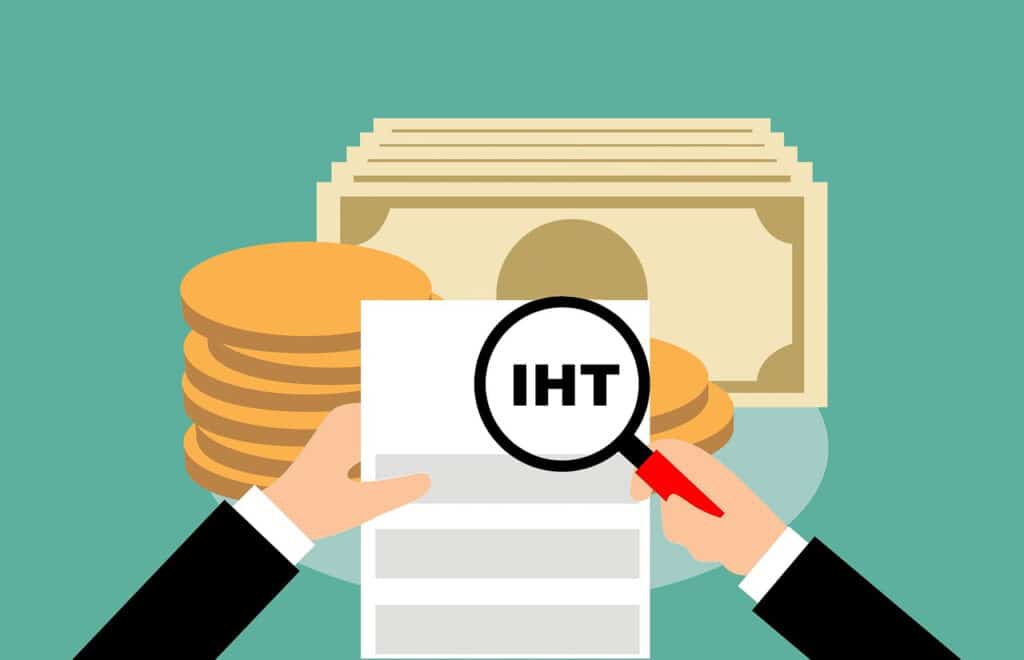6 Inheritance Tax planning mistakes to avoid
Inheritance Tax (IHT) planning is an essential part of estate planning for high-net-worth business owners and entrepreneurs in the UK. When done correctly, IHT planning can help to reduce the amount of tax that your heirs will have to pay on your estate. However, many people make the same Inheritance tax planning mistakes that can end up costing their loved ones dearly.
In this article, Tax Partner for Consilium Chartered Accountants Craig Coyle explores some of the most common Inheritance tax planning mistakes to avoid.
Inheritance tax planning mistakes 1: not starting early enough
One of the biggest mistakes that people make in Inheritance tax planning is not starting early enough. IHT planning should ideally begin as early as possible, as this gives you more time to implement tax-saving strategies and ensure that your estate is structured in the most tax-efficient way possible.
Inheritance tax planning mistakes 2: failing to consider all assets
Failing to consider all of your assets is another common Inheritance tax planning mistake. Many people focus only on their property and savings, but forget about other assets such as investments, pensions, and life insurance policies. All of these assets can be subject to IHT, so it is important to include them in your planning.
Inheritance Tax planning mistakes 3: not taking advantage of exemptions and reliefs
There are a number of exemptions and reliefs available that can help to reduce your Inheritance tax liability, but many people fail to take advantage of them. For example, gifts made to certain individuals or charities are exempt from IHT, as are certain types of assets such as business property. It is important to work with a chartered accountant to ensure that you are taking advantage of all the available exemptions and reliefs.

Inheritance Tax planning mistakes 4: giving away too much, too soon
Giving away too much of your estate too soon is a surprisingly common Inheritance tax planning mistake. While gifting can be a useful strategy for reducing IHT liability, it is important to ensure that you are not giving away so much that you jeopardise your own financial security. It is also important to consider the seven-year rule, which stipulates that gifts made within seven years of your death may still be subject to Inheritance tax.
Inheritance Tax planning mistakes 5: not considering the impact of changes in circumstances
Your circumstances may change over time, and it is important to ensure that your Inheritance tax planning reflects these changes. For example, if you get divorced or remarried, this can have a significant impact on your IHT liability. Once again, it is important to work with a firm of chartered accountants to ensure that your planning is updated as needed to reflect any changes in your circumstances.

Inheritance tax planning mistakes 6: not seeking professional advice
Arguably the biggest Inheritance tax planning mistake is not seeking professional advice at all. IHT planning can be complex and confusing, and there are many potential pitfalls that can trip up the unwary. Working with an experienced firm of accountants can help to ensure that planning is tailored to your individual circumstances, and that you are taking advantage of all available strategies to reduce your Inheritance tax liability.
Avoid Inheritance tax planning mistakes with trusted advice
It is easy for common Inheritance tax planning mistakes to diminish the value of estate planning for high net-worth business owners and entrepreneurs in the UK. By avoiding common mistakes such as failing to start early, not considering all assets, and not taking advantage of exemptions and reliefs, you can ensure that your loved ones are not burdened with an unnecessary tax liability when you pass away.
For an informal and confidential discussion about Inheritance tax planning or a review of your existing plans, please contact Craig Coyle. Craig works with entrepreneurs and high-net-worth individuals to structure their business affairs in a tax-efficient manner.
Follow Consilium Chartered Accountants on LinkedIn and Twitter for our latest news and tax insights.

